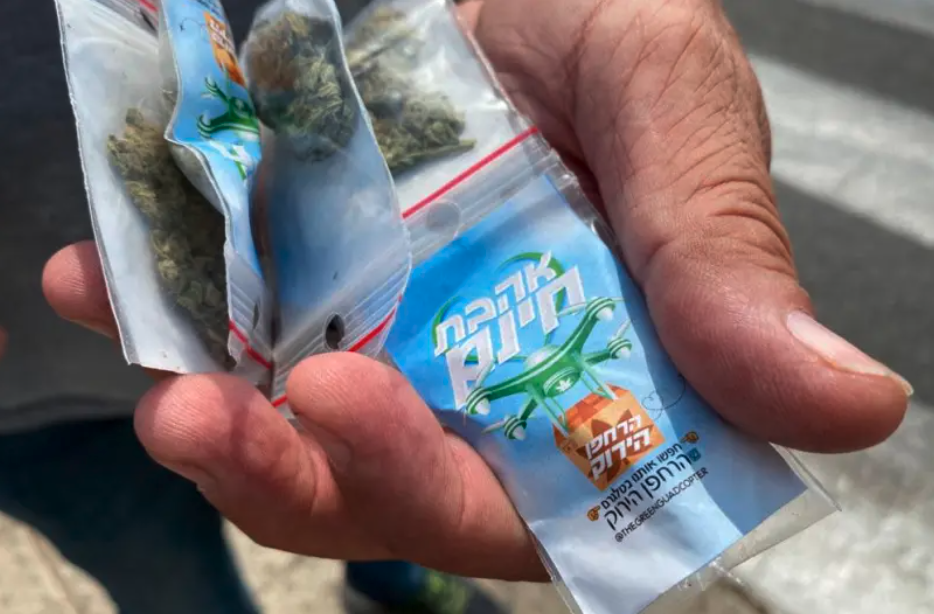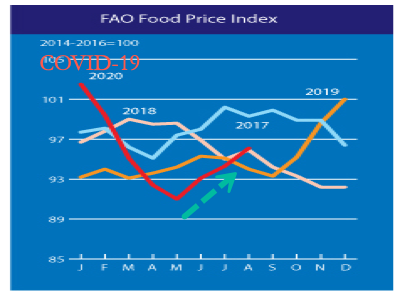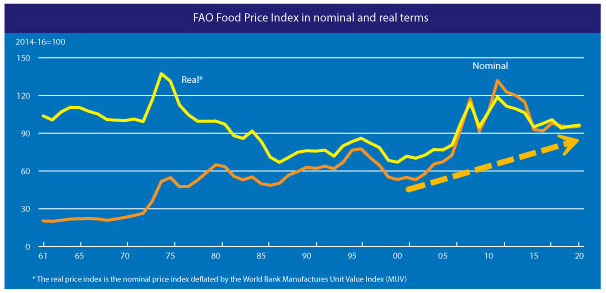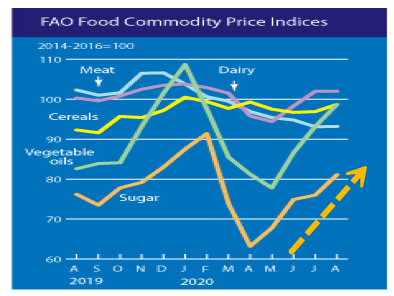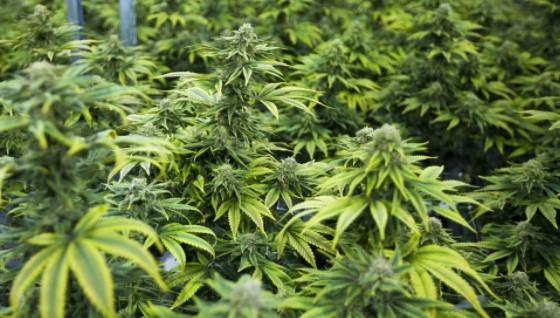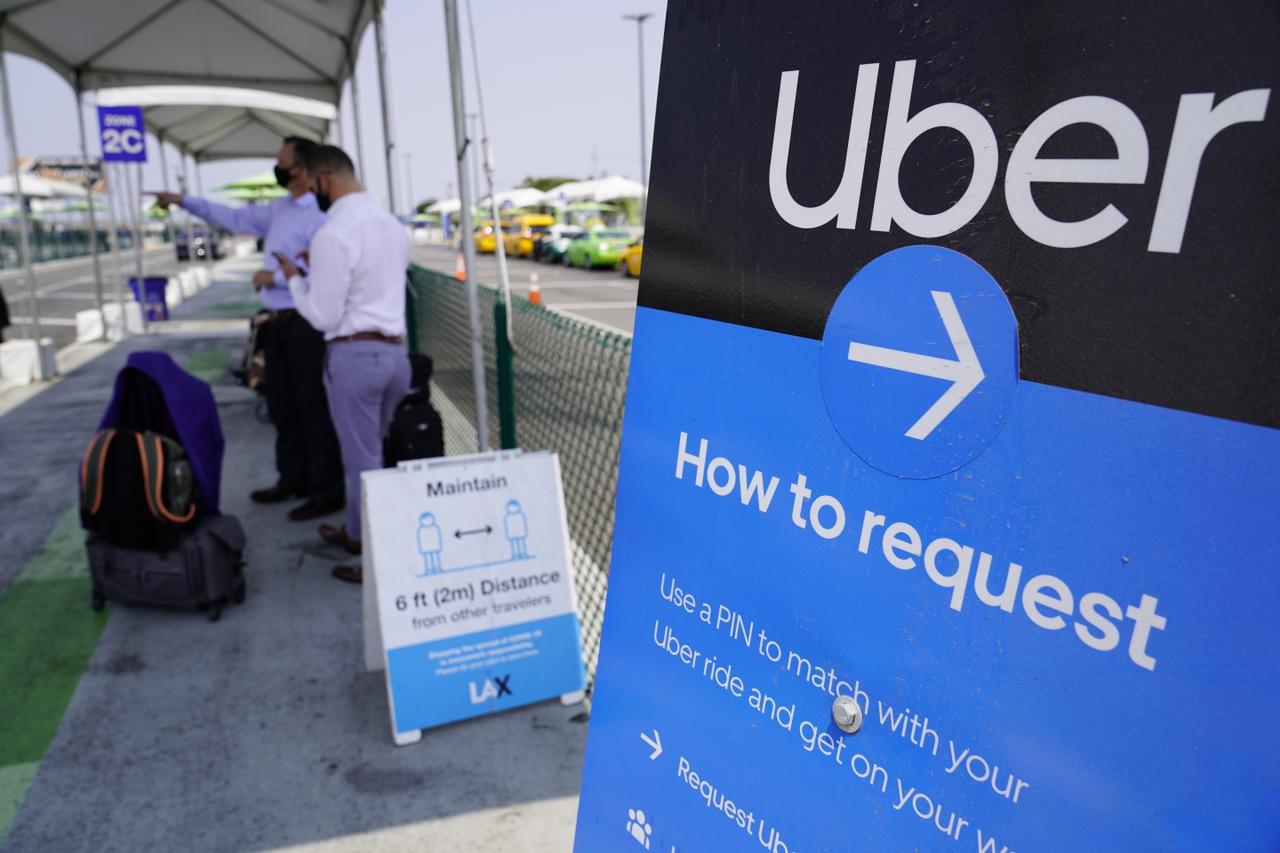Will Gas Discovery Change Turkey’s Political Course?
Tyler Durden
Fri, 09/04/2020 – 05:00
Authored by Burak Bekdil via The Gatestone Institute,
Turkey’s economy minister, Berat Albayrak, has said that the discovery of a large natural gas field off Turkey’s Black Sea coast will change Turkey’s [political] axis. “Neither the West, nor the East, Turkey’s new axis is Turkey,” said Albayrak, Turkish President Recep Tayyip Erdoğan’s son-in-law. The discovery, at an estimated 320 billion cubic meters (bcm) of deep sea gas, marks a historic day for Turkey, Erdoğan said, the beginning of a new era.
Erdoğan announced that production at the site could start by 2023 — when Turks will go to ballot box for presidential and parliamentary elections. Officials in Ankara hopes the discovery will meet Turkey’s natural gas needs for 7-8 years, and earn the national economy $65 billion.
There is unprecedented euphoria in the pro-Erdoğan media. There is massive propaganda talk of “a Turkish moment,” of “Turkey on the way to becoming a global power.” All this is understandable in a country with a per capita GDP of barely $9,000, an ailing economy and a plunging national currency — and in need of epic stories to keep voters within the realm of hope. How much of this newfound Turkish hope is fact-based? Could the “Turkish moment” really be coming? Will Turkey be a global power with 320 bcm of natural gas?
There are a number of reasons to be cautious about the Turkish optimism.
Hydrocarbon discoveries in the shape of “breaking news” have been part of Erdogan’s propaganda machinery since 2004.
“This is the ninth discovery since then… I was hoping for them to discover ready-to-use gasoline this time,” joked columnist Yılmaz Özdil.
It might be useful to compare Turkey’s 320 bcm gas discovery with the proven reserves of some of the countries that are not “global powers:” Turkmenistan, 12.1 trillion cubic meters (tcm); Algeria, 4.5 tcm; Egypt, 2.2 tcm; Kazakhstan, 1.8 tcm; Uzbekistan, 1.5 tcm; Oman, 677 bcm; Pakistan, 567 bcm; Bangladesh, 549 bcm; Peru, 375 bcm; and Angola, 343 bcm. That is not really the elite club of world power.
Experts remain cautious.
“There are a lot of unknowns,” said analyst Atilla Yeşilada of Global Source Partners. “We don’t know how much it’s going to cost to extract, what the purity of the gas is, all at a time of record low gas prices.”
“Turkey, Yeşilada continued, “is committed to long-term contracts of buying piped gas from Iran, Azerbaijan and Russia. You can’t simply walk out of those contracts… Selling gas on the world market will not be easy either, as there is an oversupply.”
Ashley Sherman of Wood Mackenzie told Financial Times:
“This is an estimate based on just a discovery well that will need to be confirmed by further drilling of appraisal wells.”
Sinem Adar, a researcher at the German Institute for International and Security Affairs in Berlin, said that the timing of the announcement and the hype around it appeared partly to stem from the need to create some “excitement” to distract from economic problems.
Erdoğan’s economy czars apparently hoped that the president’s high-profile announcement of the gas discovery would reverse the Turkish lira’s 20% slide since the beginning of the year. Instead of racing ahead, the lira remained slightly weaker against major western currencies on trading days Friday and Monday.
Ironically, on the same day as Erdoğan announced the discovery, Fitch Ratings revised the outlook on Turkey’s Long-Term Issuer Default Ratings from “Stable” to “Negative”.
Fitch also warned that Turkey’s GDP would shrink by 10% in the second quarter of 2020. A looming economic crisis is forcing Erdoğan to consolidate his voter base by epic stories of global Turkish might — including military.
In July, Erdoğan converted an iconic sixth-century monumental Byzantine Orthodox church, Hagia Sophia, into a mosque, pleasing millions of conservative and nationalist Muslim Turks. On August 21, Erdoğan also issued a decree to open to Muslim worship another Orthodox church, the 1,000-year-old Kariye (or Chora), previously a popular Istanbul museum.
Erdoğan has also ordered an escalation of military tensions in the Aegean and Mediterranean seas with Greece. He has sent combat forces to Iraq, and northern Syria, and military trainers and equipment to Libya. “Turkey’s never-ending military challenge against world powers in seas and land” makes for hundreds of stories of Turkish heroism in the media, which is largely controlled by Erdoğan and his business cronies.
Now comes the promise of tens of billions of gas-dollars from the Turkish merchant of dreams. Experts say production at the Black Sea field could start in 7-10 years, at best. Erdoğan has promised 2023 for production. In that election year, Turkish voters may question the availability of natural gas, or, more realistically, they may ask Erdoğan why they are still paying high gas bills to heat their homes.
via ZeroHedge News https://ift.tt/2Dx214G Tyler Durden



